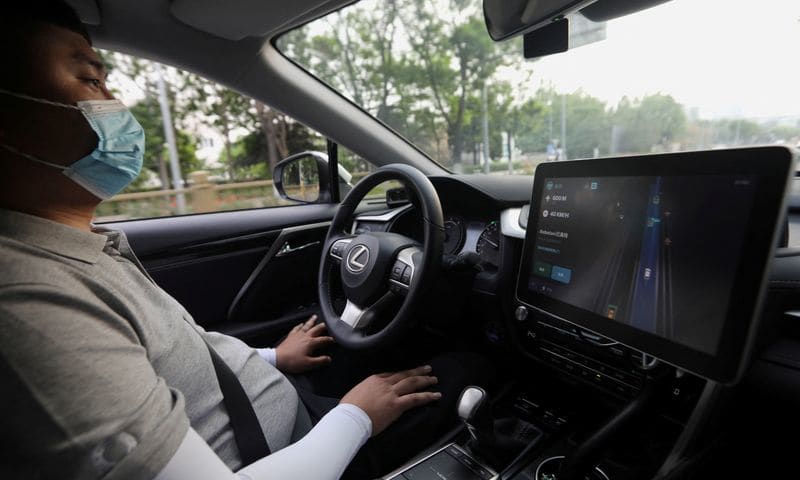Beijing Introduces New Regulations to Accelerate Autonomous Driving
Beijing has unveiled comprehensive regulations to promote the adoption of driverless vehicles. Starting April 1, autonomous vehicles passing safety assessments can apply for road trials, marking a significant step in embracing self-driving technology.
Expanding Autonomous Vehicle Use in Beijing
The new regulations encourage the use of autonomous vehicles in various forms, including private cars, urban buses, trams, and taxis. Beijing also plans to develop intelligent road infrastructure to support this technological shift.
The move aligns with China’s broader goal of becoming a global leader in self-driving technology. Authorities are prioritizing safety and performance to ensure seamless integration into urban environments.
Wuhan and Other Cities Join the Push
Beijing isn’t alone in advancing autonomous driving. Wuhan recently approved regulations to promote intelligent connected vehicles. Across China, at least 19 cities are conducting trials for robotaxis and robobuses, showcasing the nation’s aggressive stance on self-driving innovation.
Companies Leading the Robotaxi Revolution
Several companies are spearheading the development of robotaxi fleets in China:
- Apollo Go (Baidu): Plans to deploy 1,000 robotaxis in Wuhan by the end of 2024.
- Pony.ai: Aims to expand its robotaxi fleet to over 1,000 nationwide by 2026, up from 250 in 2023.
- Other Players: Firms like WeRide, AutoX, and SAIC Motor are exploring opportunities in this growing market.
Tesla’s Plans for Self-Driving in China
U.S. EV giant Tesla is also aiming to enter the Chinese market with its Full Self-Driving (FSD) technology. Pending regulatory approval, Tesla plans to launch FSD in China by early 2025 and start producing its own robotaxi in 2026.
A Transformative Era for Mobility in China
Beijing’s proactive approach signals a transformative era for urban mobility. Driverless vehicles promise to enhance efficiency, reduce traffic congestion, and pave the way for smarter cities.
With strong government support, cutting-edge companies, and ambitious timelines, China is set to lead the global self-driving resolution.













